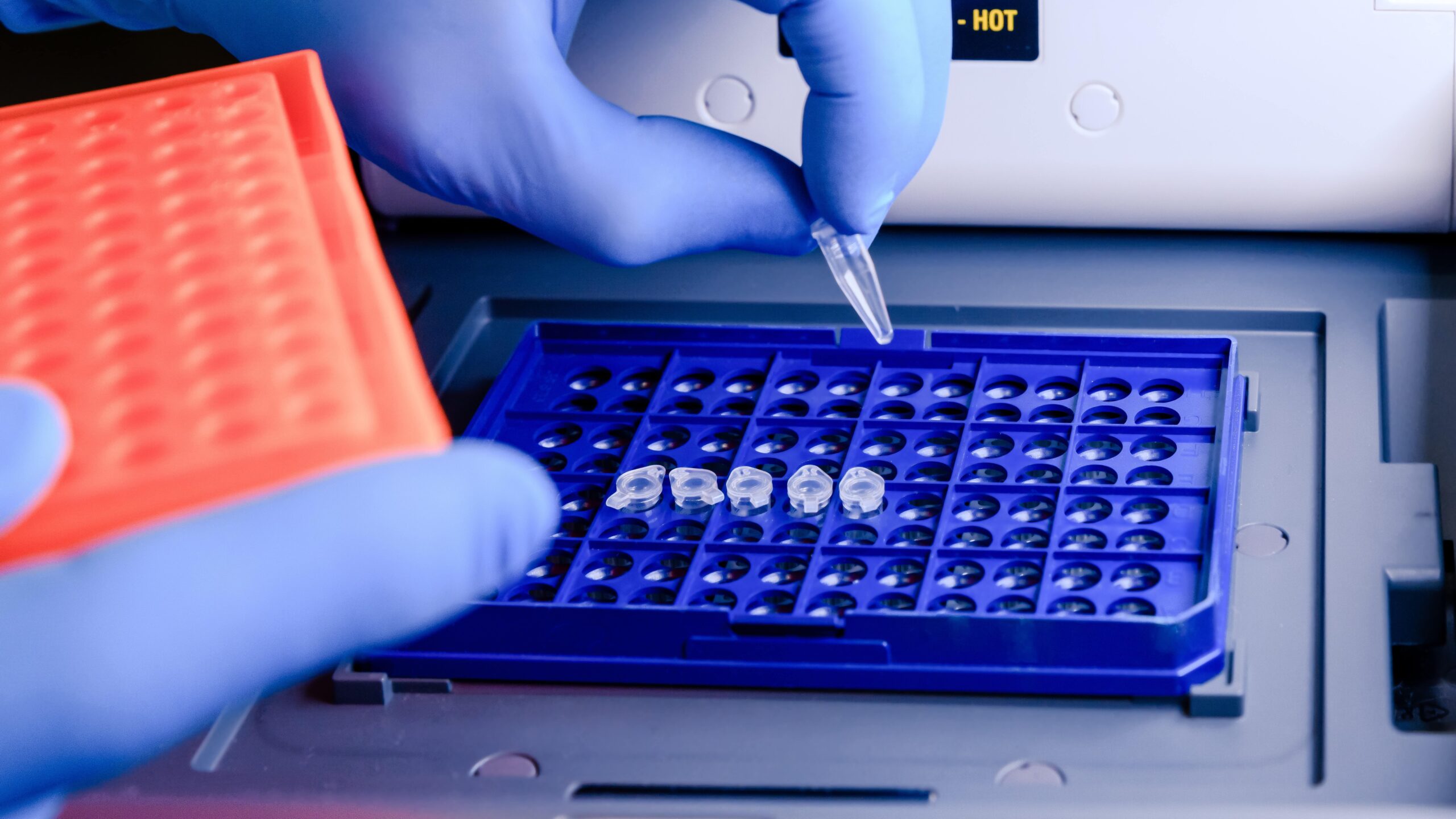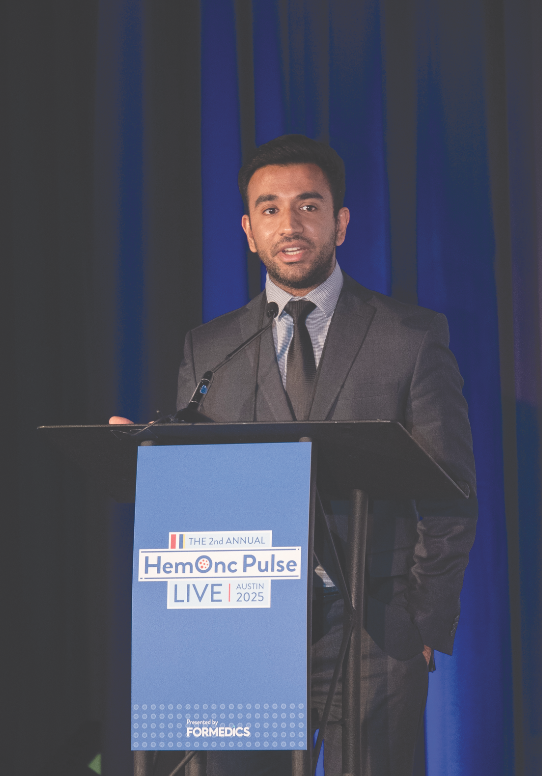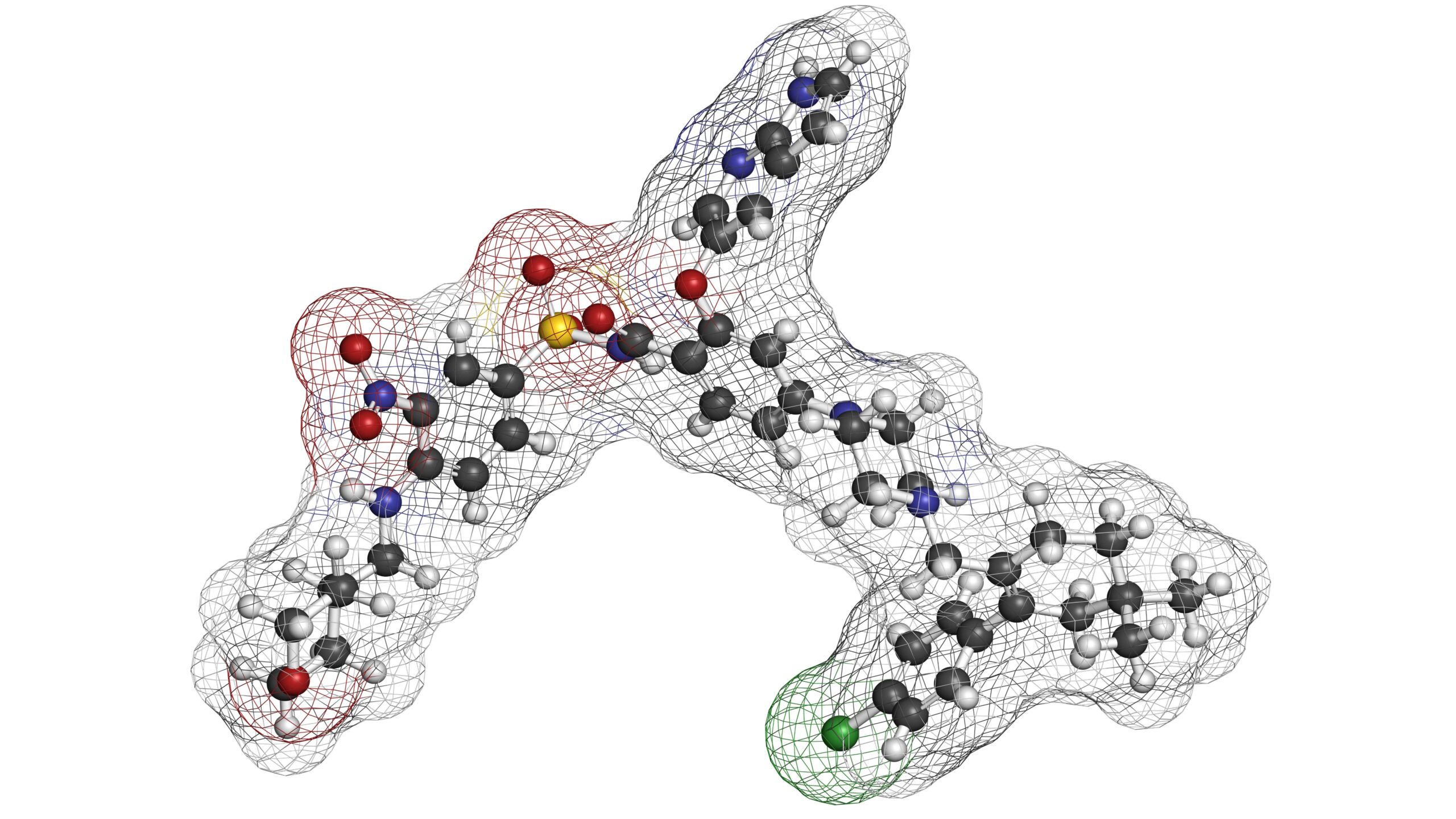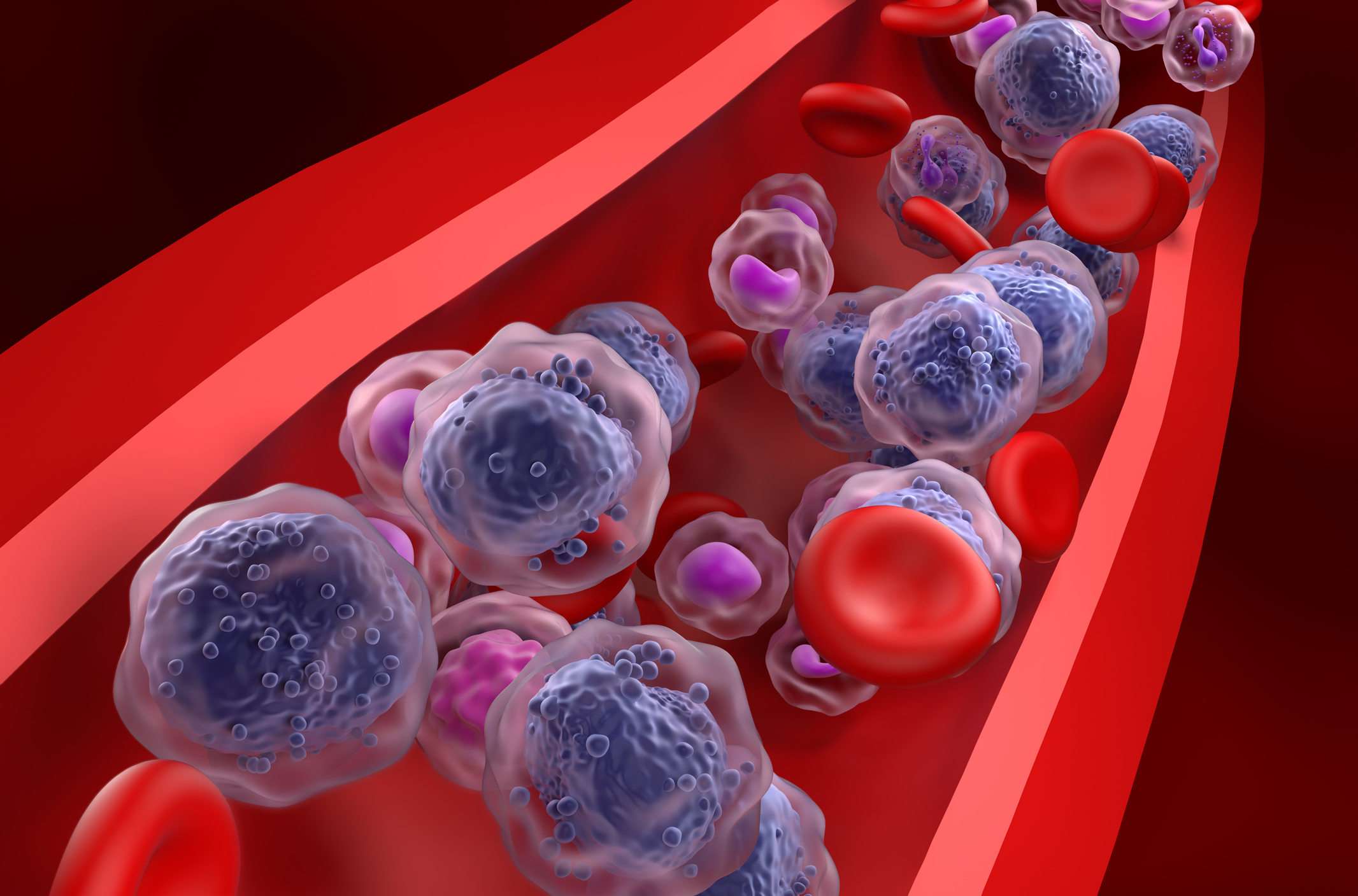
Measurable residual disease (MRD) status after induction chemotherapy reliably predicted benefit from allogeneic transplant in patients with NPM1-mutated acute myeloid leukemia (AML) in first complete remission, according to a study published in Blood.
Lead author, Jad Othman, MD, of the Royal North Shore Hospital in Sydney, Australia, noted that selection for allogeneic transplant in this population is controversial, and some centers use baseline FLT3-ITD as an indication for transplant while others use MRD status.
The researchers analyzed the effects of allogeneic transplant in first complete remission based on peripheral blood NPM1 MRD status as measured by real-time qualitative polymerase chain reaction.
Among 737 patients in remission, 19% were positive for MRD. Allogeneic transplants were performed in 46% of MRD-positive patients and 17% of MRD-negative patients.
The study found significant heterogeneity in overall survival (OS) outcomes according to MRD status. MRD-positive patients achieved a significant OS improvement with transplant versus without (three-year OS, 61% vs 24%; hazard ratio [HR], 0.39; 95% CI, 0.24-0.64; P<.001), whereas MRD-negative patients did not show a similar benefit with versus without transplant (three-year OS, 79% vs 82%; HR, 0.82; 95% CI, 0.50-1.33; P=.4).
Additionally, in analysis of just patients with co-existing FLT3-ITD, allogeneic transplantation again only improved OS for MRD-positive patients (three-year OS, 45% vs 18%) and not MRD-negative patients (three-year OS, 83% vs 76%). No interaction with FLT3 allelic ratio was found, according to the study.
In short, “postinduction molecular MRD reliably identifies those patients who benefit from allogeneic transplant in first remission,” Dr. Othman and colleagues concluded.
Reference
Othman J, Potter N, Ivey A, et al. Post induction molecular MRD identifies patients with NPM1 AML who benefit from allogeneic transplant in first remission. Blood. 2024. doi:10.1182/blood.2023023096






 © 2025 Mashup Media, LLC, a Formedics Property. All Rights Reserved.
© 2025 Mashup Media, LLC, a Formedics Property. All Rights Reserved.